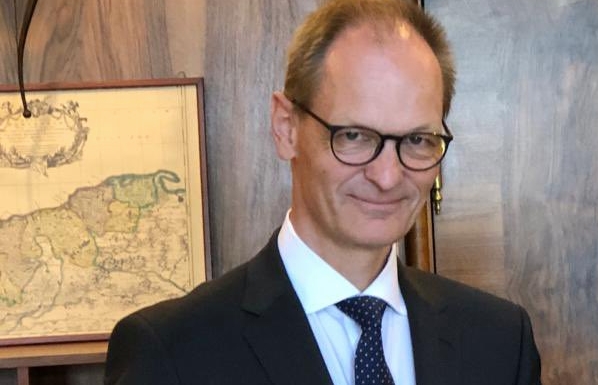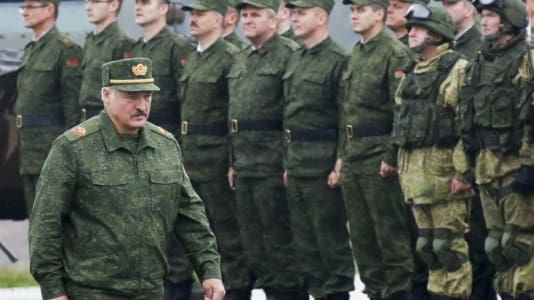The construction of the Nord Stream II and Nord Stream I pipelines was a mistake by Germany’s federal government, the German ambassador to Poland has claimed.
In an interview with Polish Radio 24, Thomas Bagger, Germany’s top diplomat in Warsaw, addressed the gas pipelines connecting Russia to Germany via the Baltic Sea, and the EU disputes surrounding them.
“The European Union will never be conflict-free. It provides a method of peacefully balancing member interests, a sort of institutionalized dispute governed by established rules,” Bagger told listeners.
“Not all decisions made in this manner are correct. I am the last person to claim that Germany has always made the right decisions. Nord Stream II and Nord Stream I were mistakes,” he admitted.
When asked about the governments responsible for these decisions, Bagger mentioned various German federal governments, including those under Angela Merkel. When asked about Angela Merkel recently receiving the highest state decoration, Bagger answered: “It is not my place to interpret the Federal President’s intentions, but 16 years of governance cannot be reduced to a single decision.
“Different federal governments, one after another (led to the mistake),” he claimed, adding, “Yes, Angela Merkel’s too.”
The ambassador also commented on the role of former German Chancellor Gerhard Schroeder in current German politics, stating that he is no longer significant in the political landscape.
When questioned about the Social Democratic Party’s (SPD) association with Schroeder, Bagger responded, “I have nothing to say about Gerhard Schroeder. He does not play a role in Germany’s current politics.”
Schroeder signed the Nord Stream pipeline deal on behalf of Germany with Russian President Vladimir Putin during his last days in the chancellor’s office in September 2005. According to the New York Times, he is now paid almost $1 million per year by Russian-controlled energy companies.





